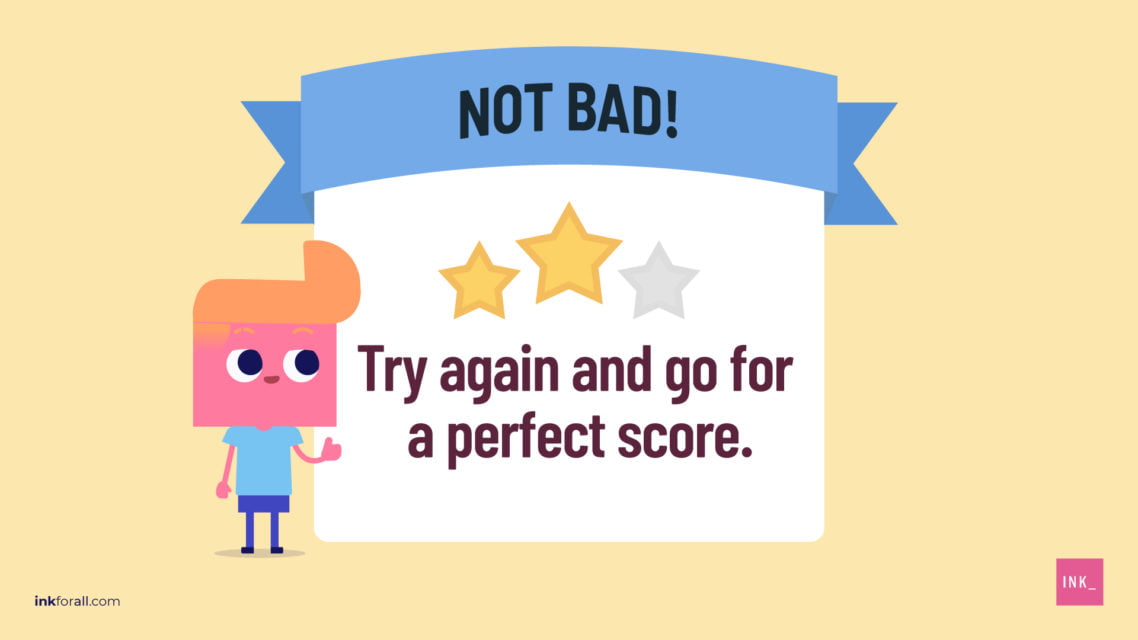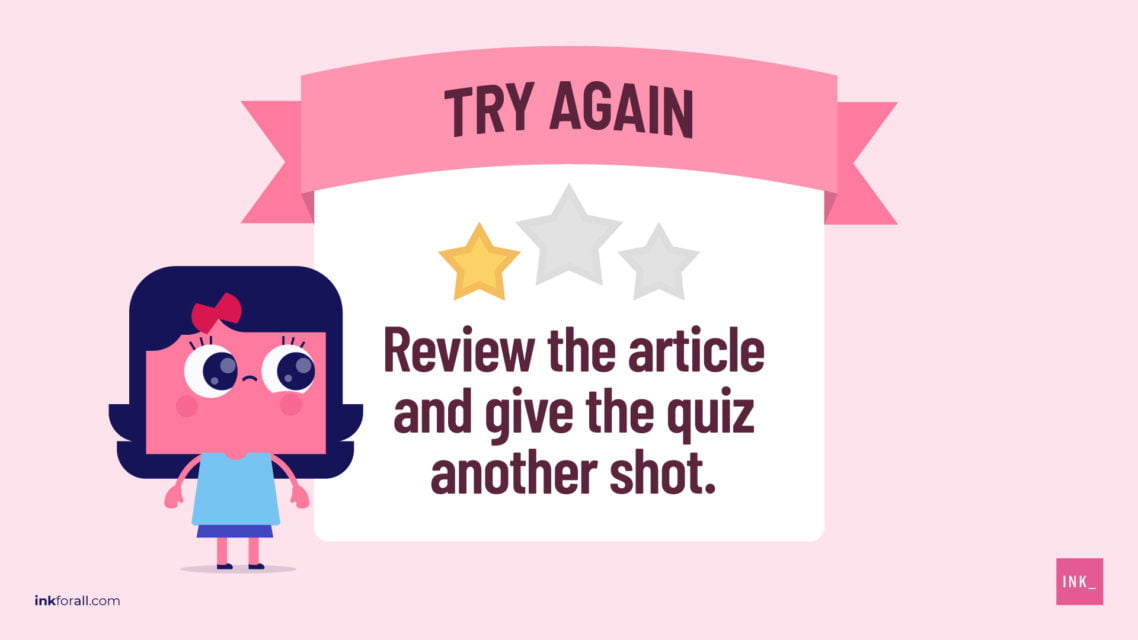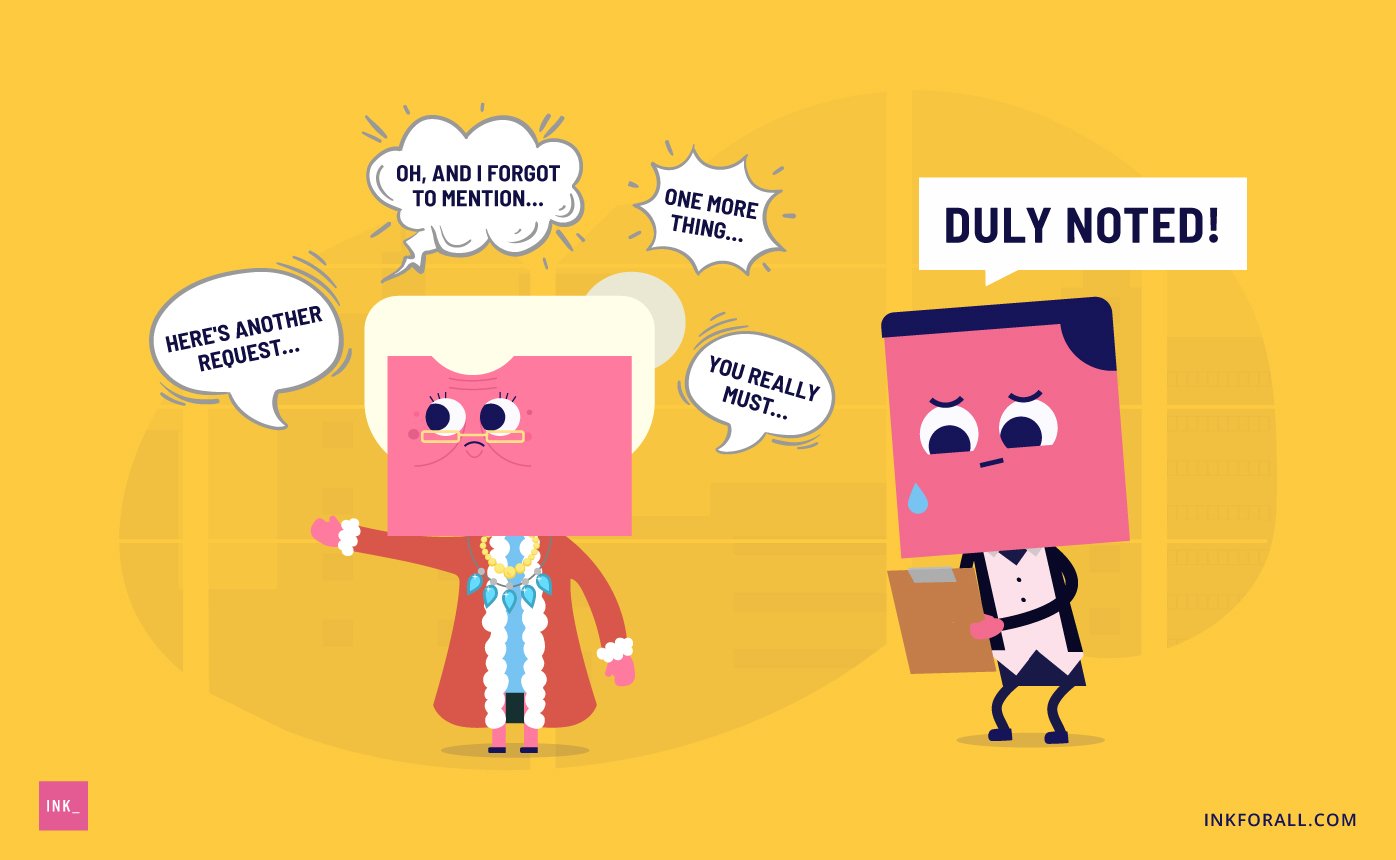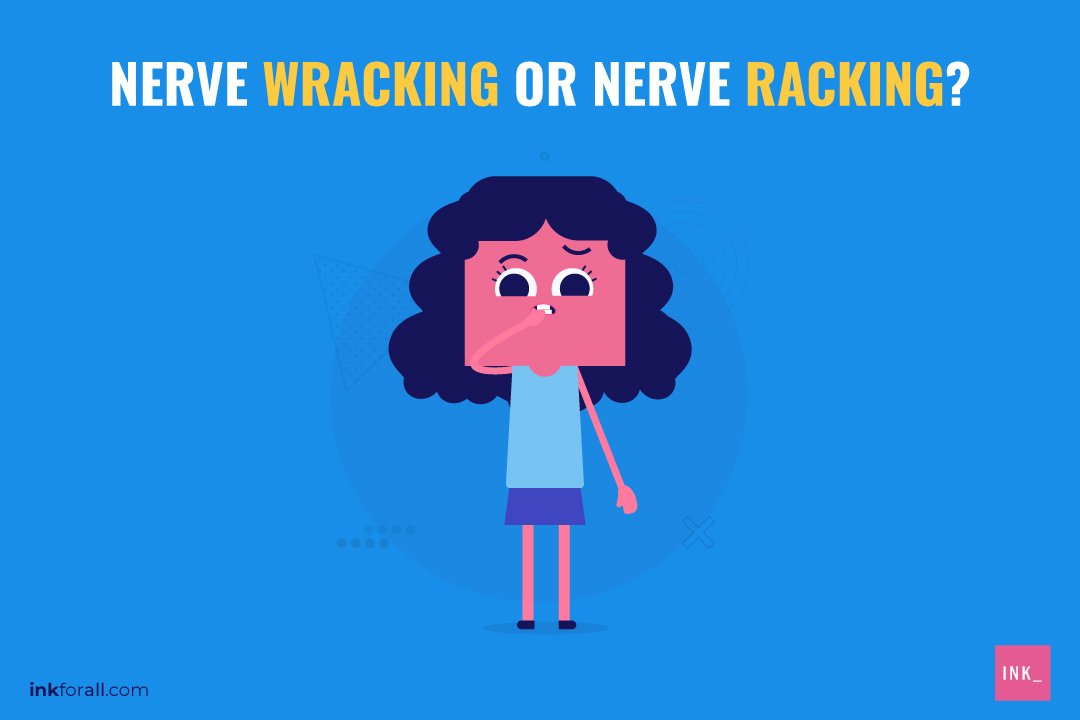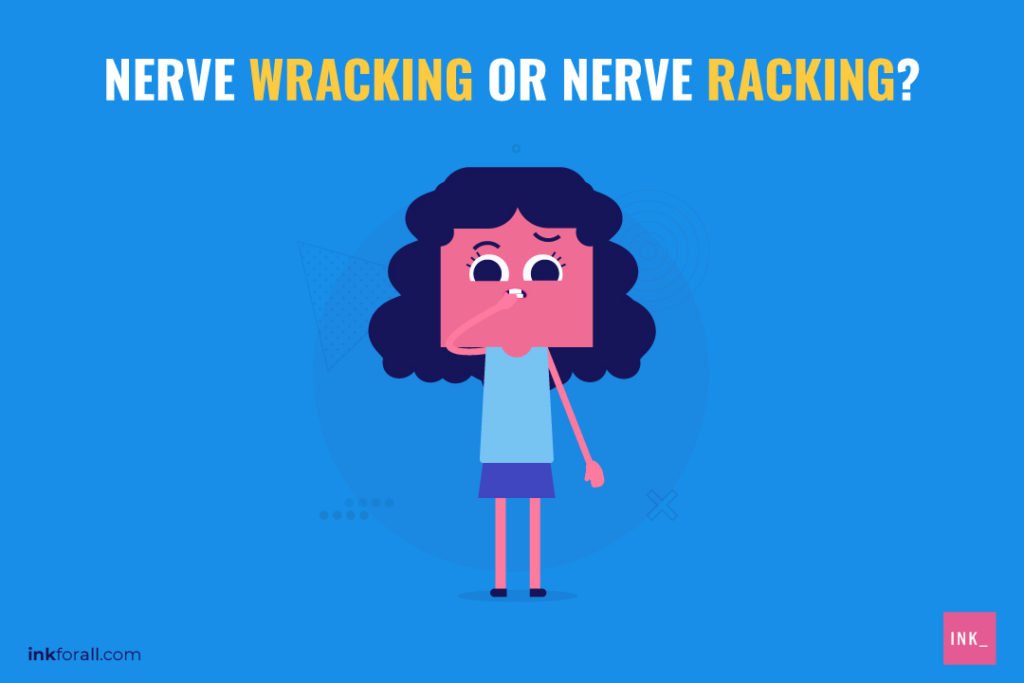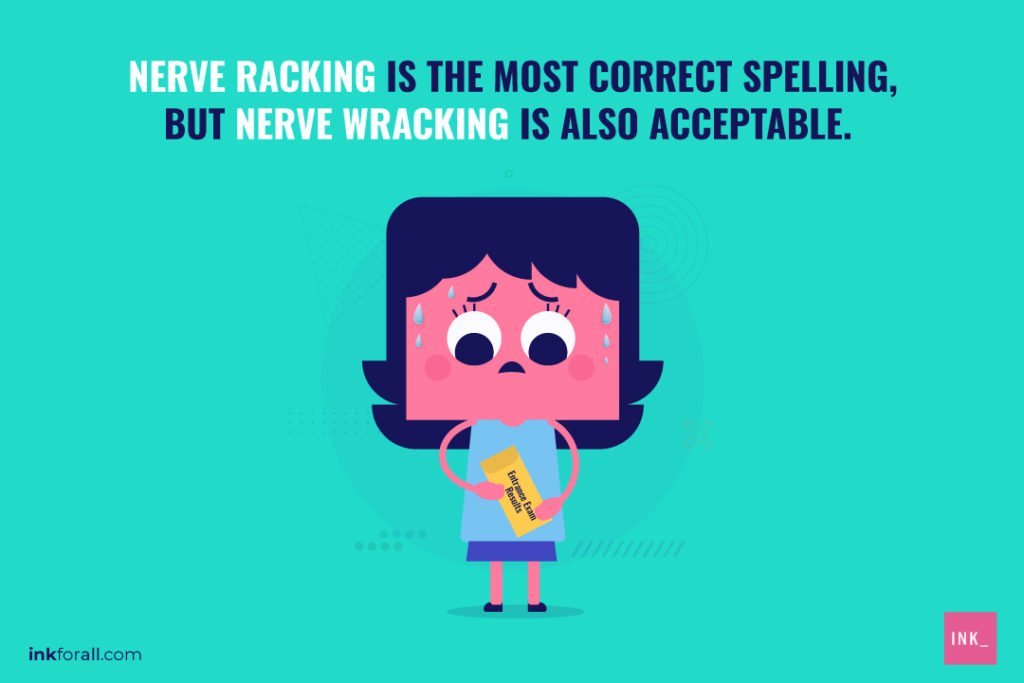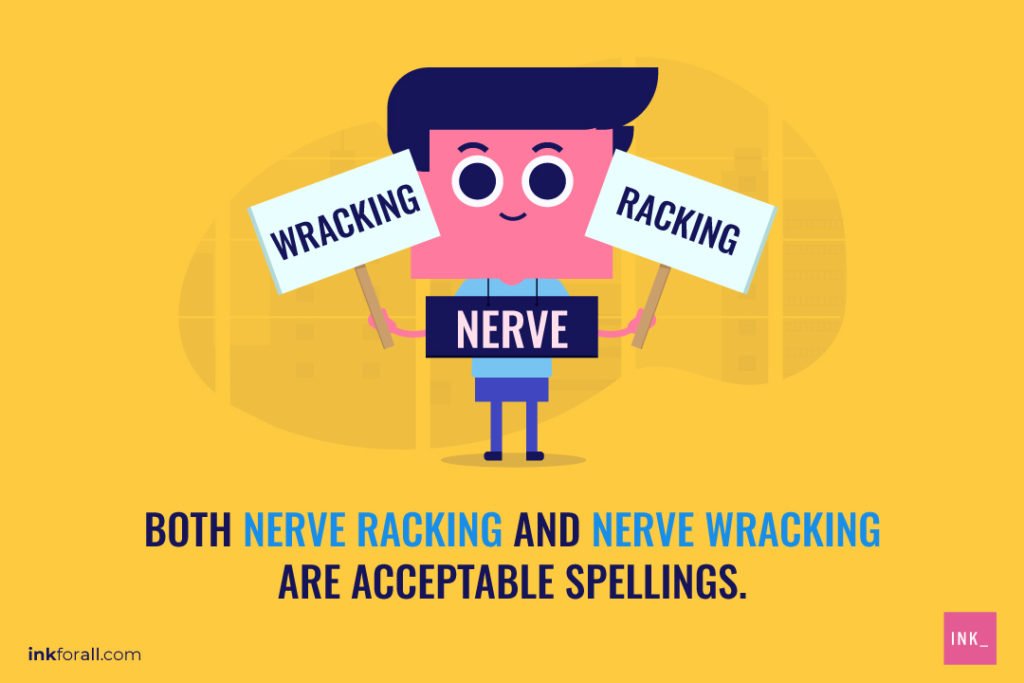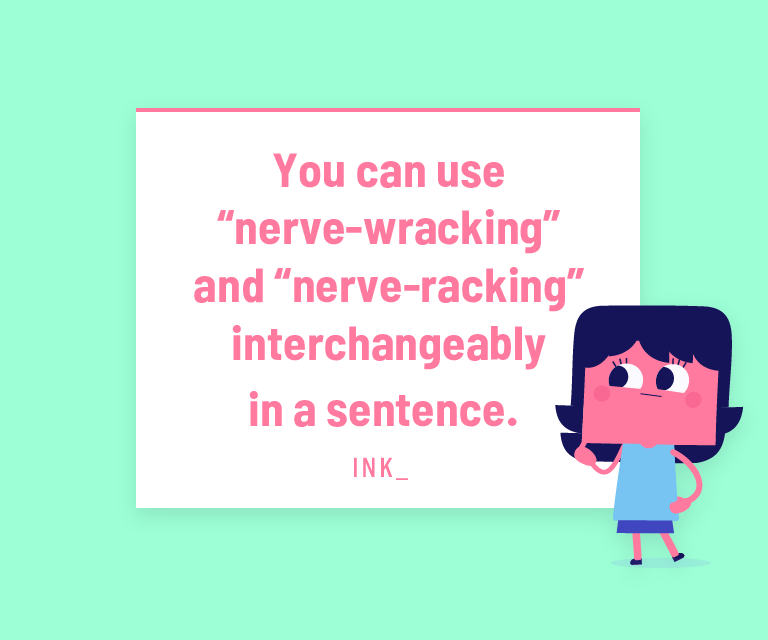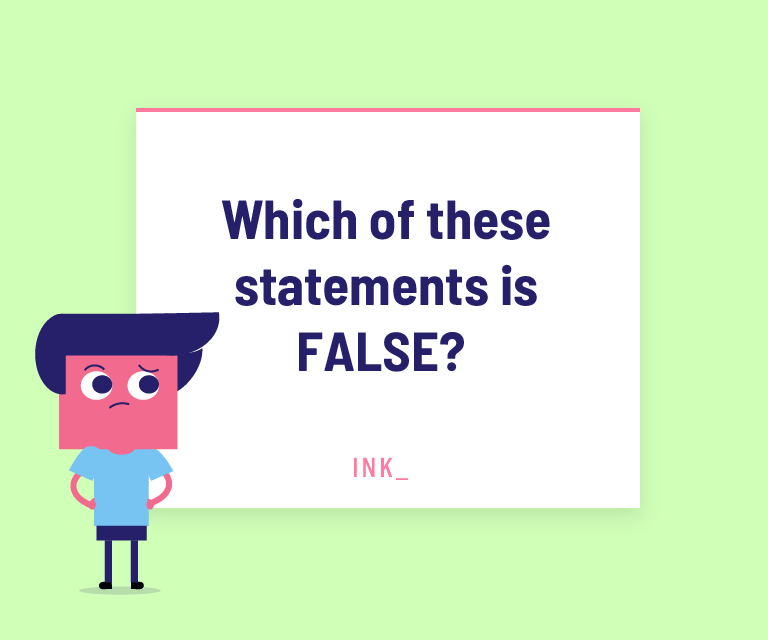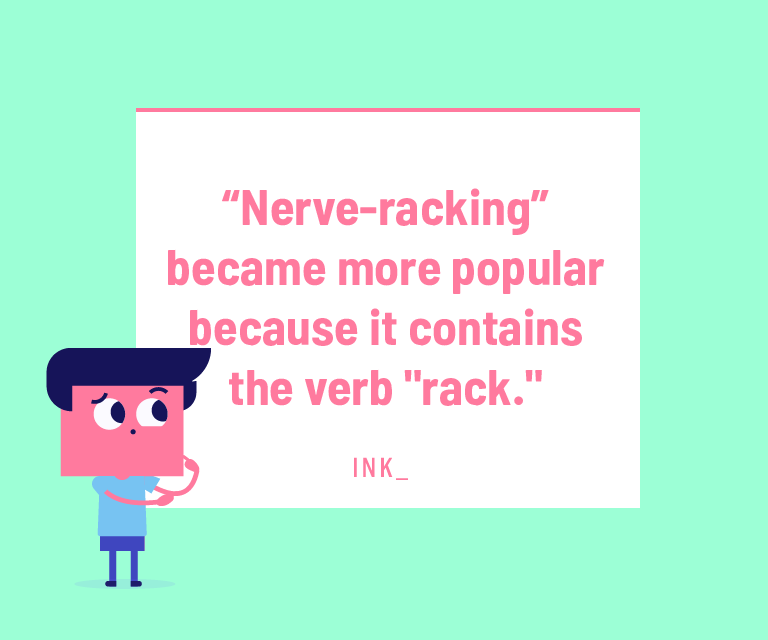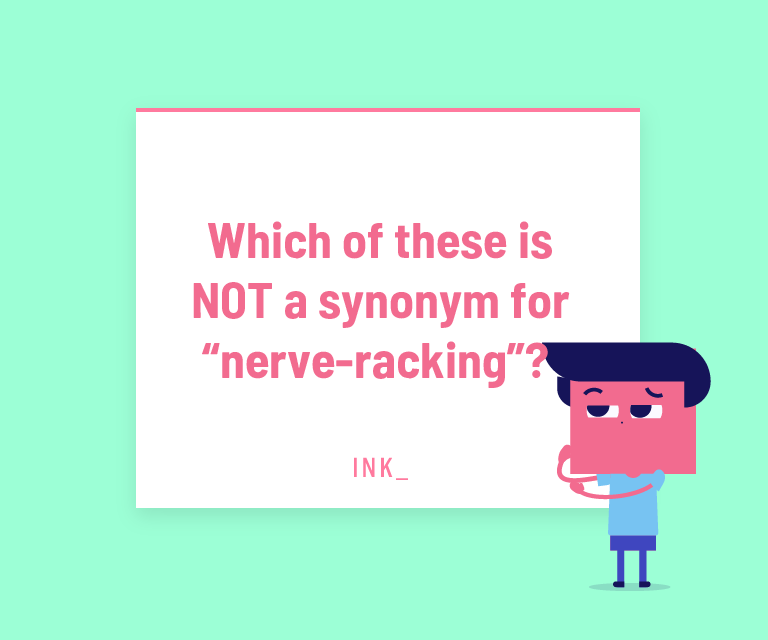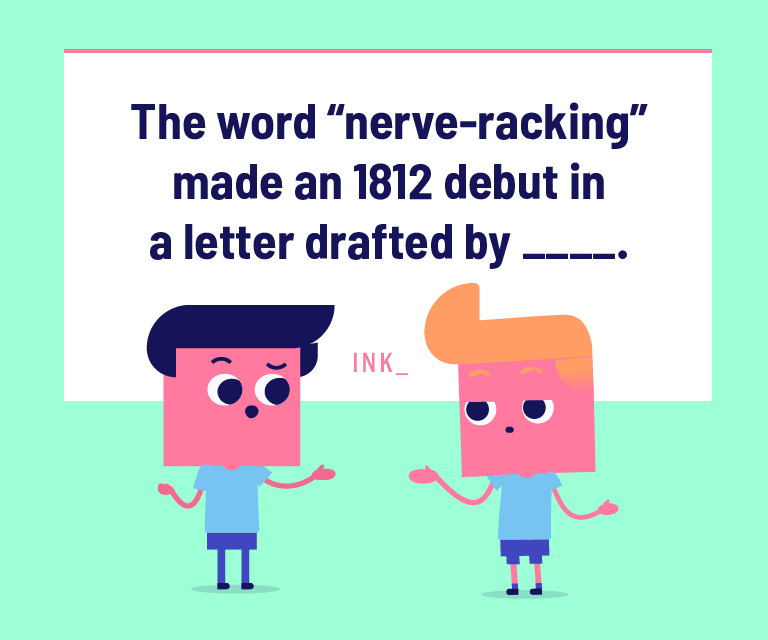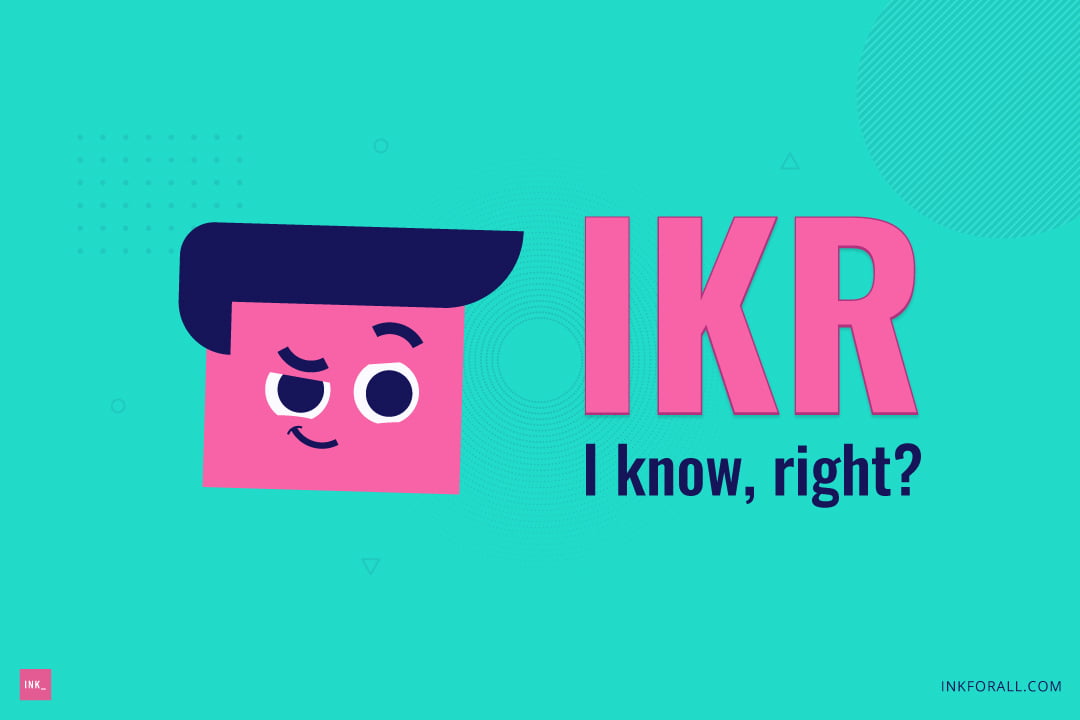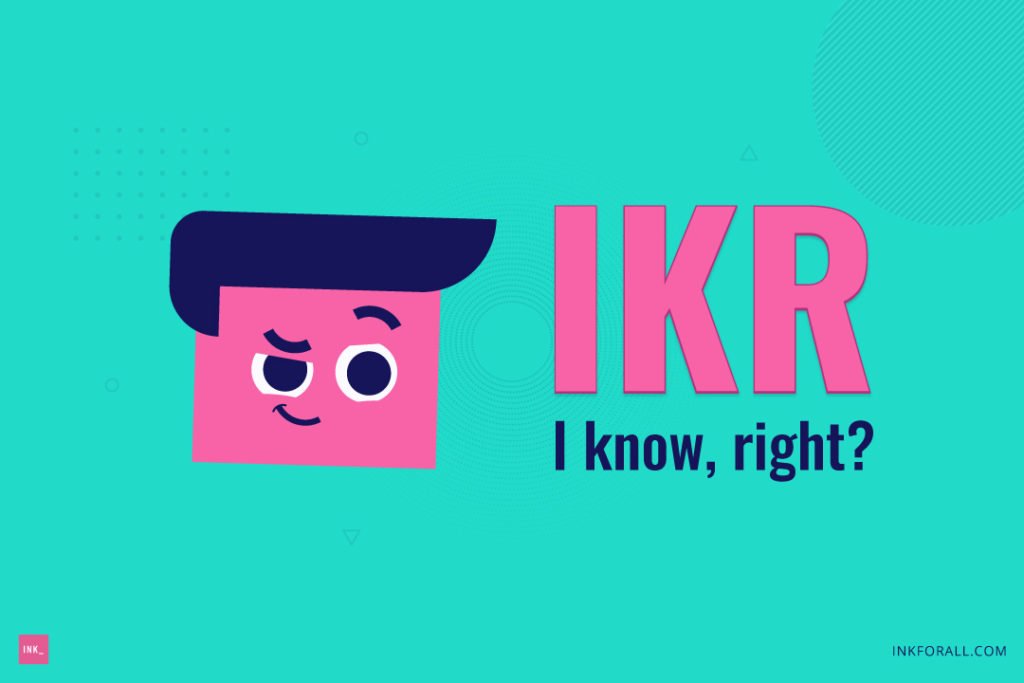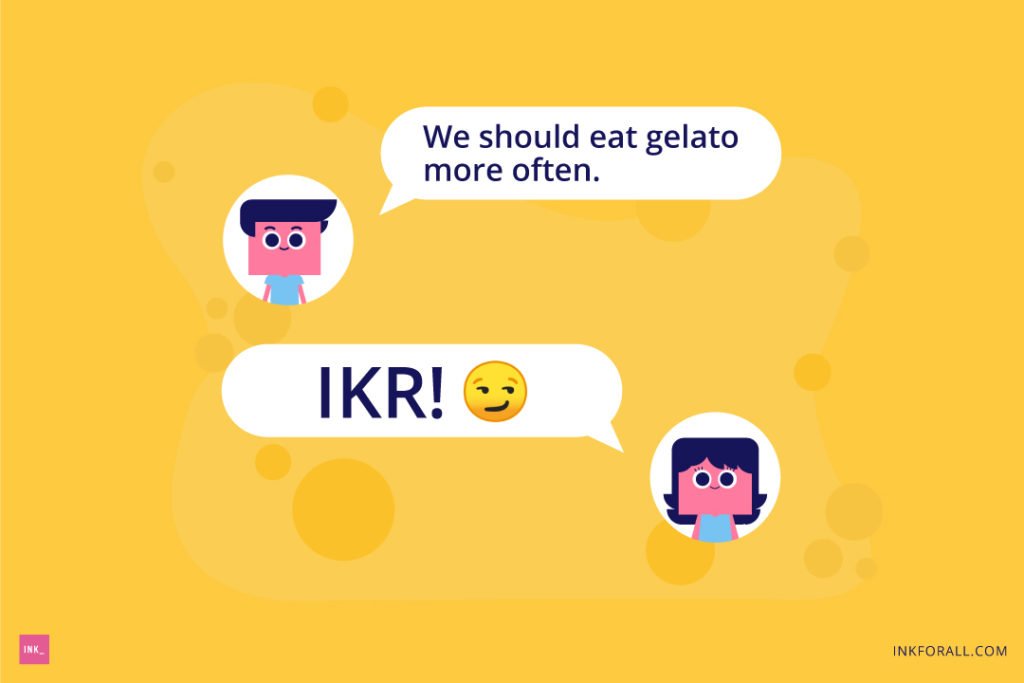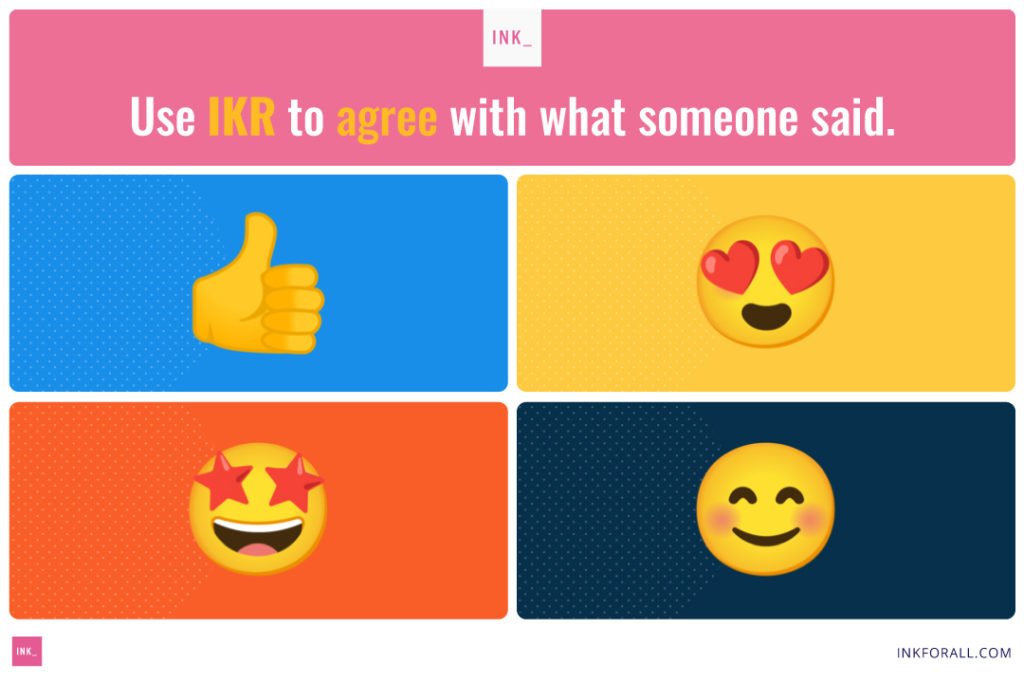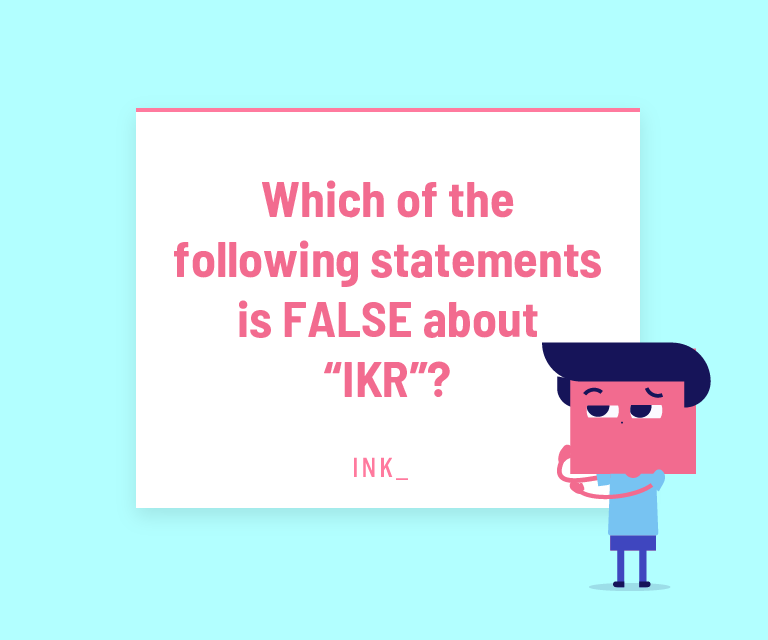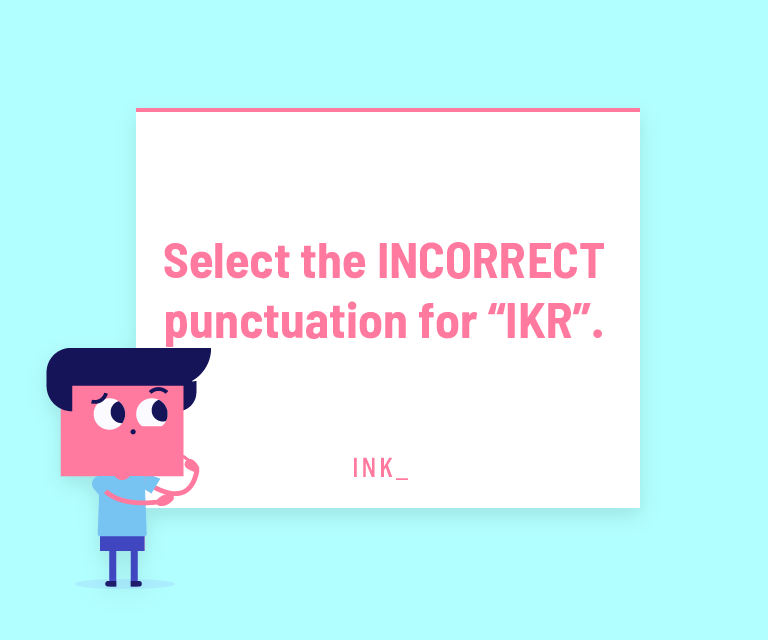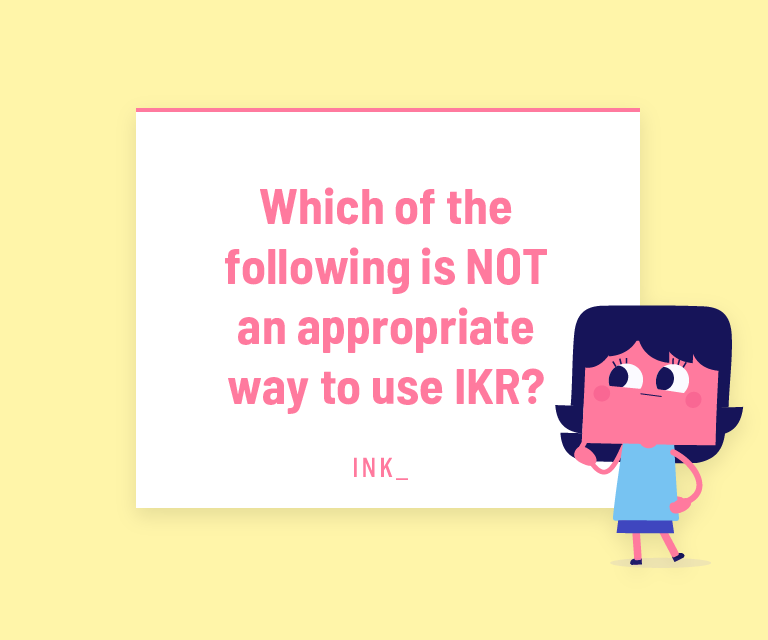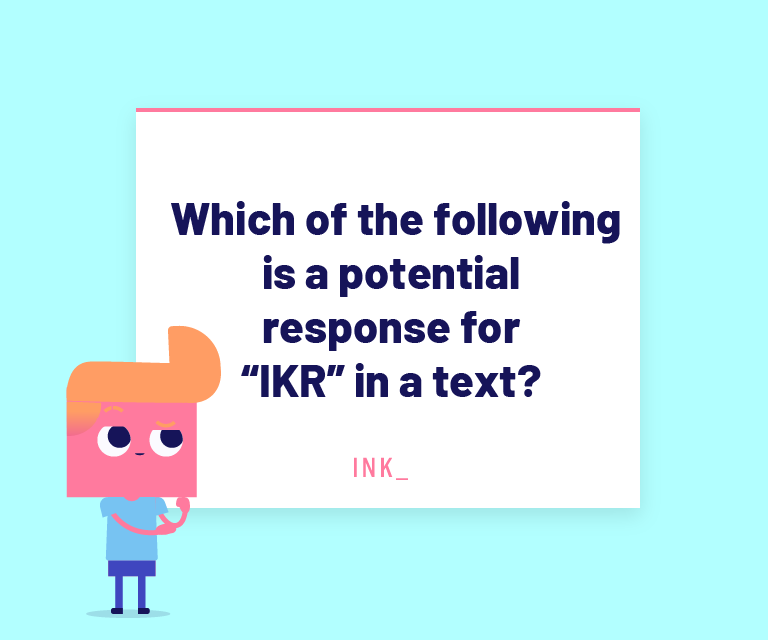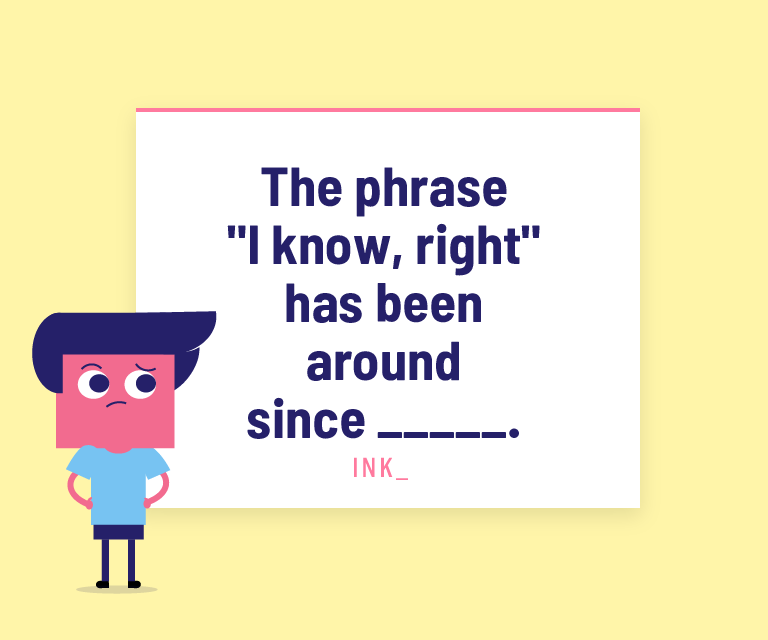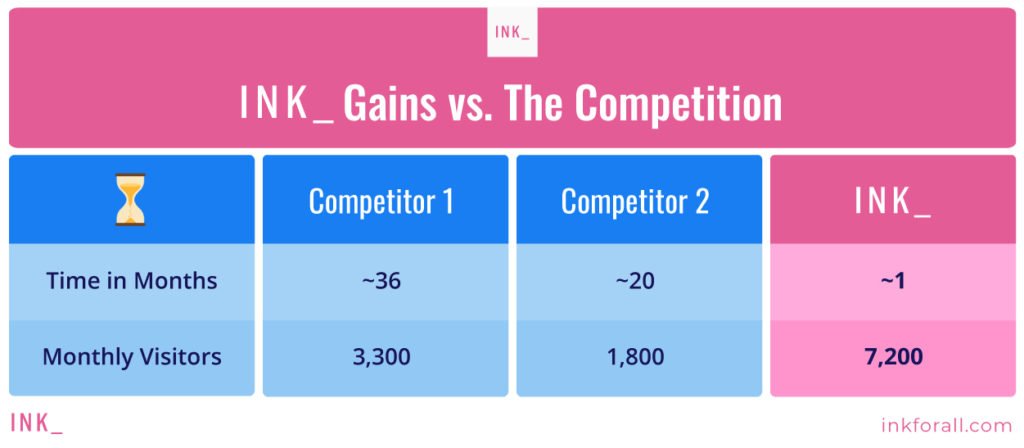Main Duly Noted Takeaways:
- People often used this phrase as a form of acknowledgment or to indicate they’ll be documenting or remembering something.
- It isn’t purely rude, but it can be used sarcastically.
- This adverbial phrase can be formal or informal depending on the situation.
- While duly notedmeans making note of something promptly or appropriately, dually noted refers to recording something twice.
- There are many ways to use this phrase in a sentence, making context important.
- Instead of saying noted, you can say “okay,” “got it,” as informal options. Use “I’ll make a note of that,” or “understood” as more formal alternatives.
Attorney: “Let the record show that Ms. Valarian was absent at the time of the exchange.”
Judge: “Duly noted.”
Tino: “Seriously bro, Cheetos on top of chili is like the best breakfast ever.”
Aldrich: “Duly noted.”
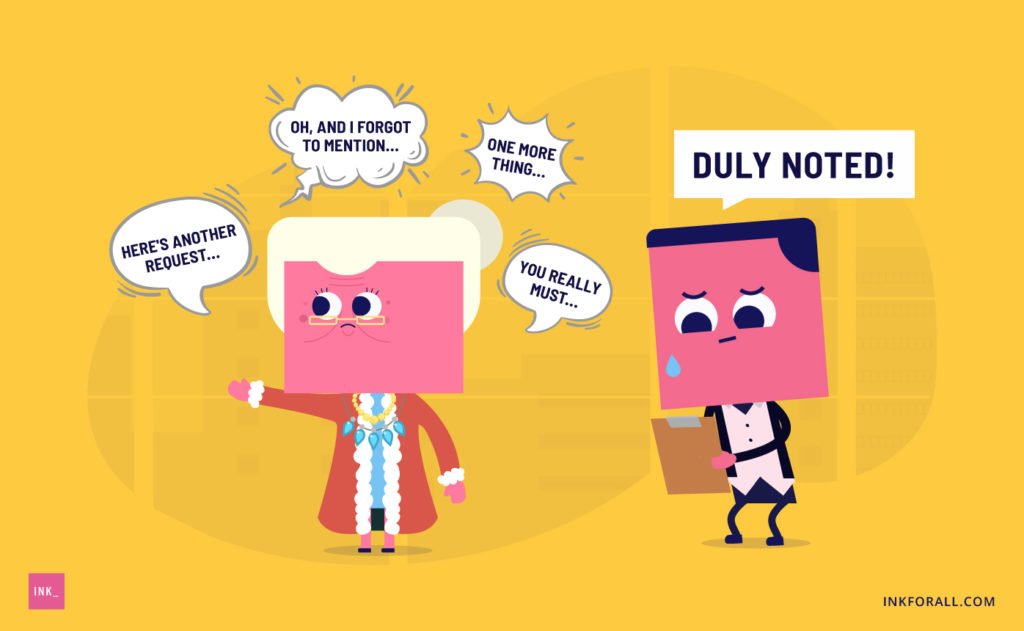

What is Duly Noted?
Duly noted is a response used to acknowledge a statement or request someone made. Imagine someone says, “Watch out for black ice when you cross the bridge,” and you reply, “Duly noted!” That means you heard their comment and have taken it under advisement. This phrase can also mean that you’ve properly recorded something. However, it can mean the opposite when used sarcastically. For example, when someone’s suggestion or comment is irritating, duly noted is a snide response. Though the phrase is the same, the intent is totally different.
- The definition of “duly” is “in accordance with what’s required or appropriate” or “in due manner or time.”
- As for “noted,” in this case, it means acknowledging, writing down, or remembering something.
How to use Duly Noted Like a Pro
- Acknowledge a statement or comment someone made (polite)
- Show that you properly recorded something (polite)
- Sarcastically show that someone’s comment or suggestion irritated you (possibly rude)
Acknowledgement
This phrase is something you say when you want to let someone know that you’re making note of something they said or did. Perhaps you’re taking their suggestion into consideration.
Properly Recorded
Or, it might be a more formal response when you’re indicating an important item will be filed or documented.
Sarcasm
Of course, there’s also the third, more sarcastic option. Some people might use this phrase facetiously.
Think of it as a sort of verbal eye roll. You’re signifying acknowledgment but not necessarily giving the information a lot of weight or agreeing with the comment.
Naomi: “Duly noted.”
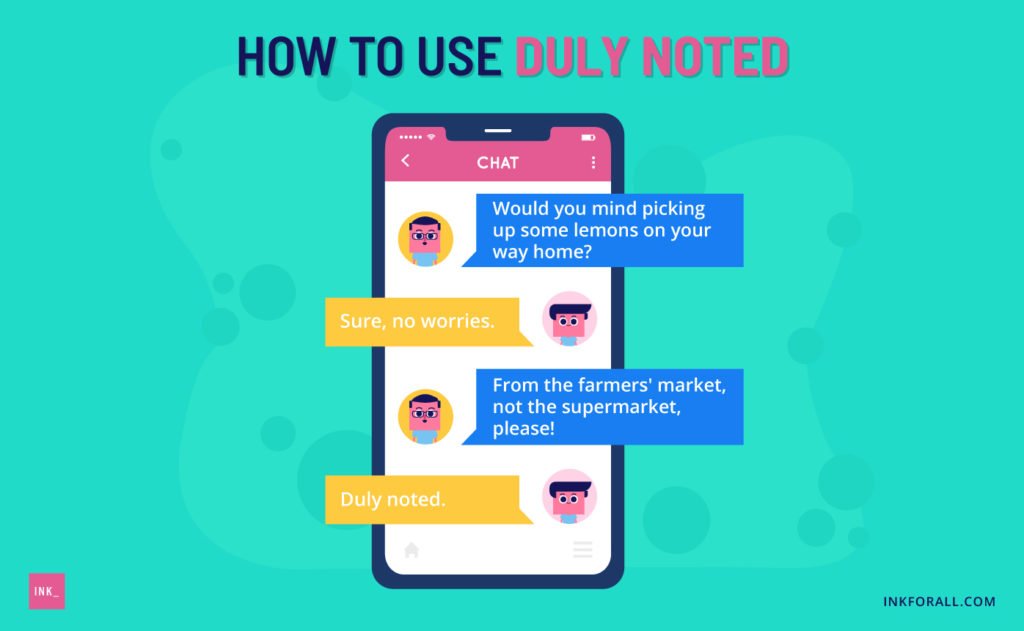

Is Duly Noted Formal?
Duly noted can be formal or informal depending on context and the speaker’s intent. In professional or legal settings, duly noted might stand in for less formal phrases like “got it” to show that you acknowledge or understand something. Or, in very formal settings, that something is being added to the record for posterity. However, in less formal settings like a text or casual conversation, duly noted may be an ironic or sarcastic retort.
Manager: “We need these forms by Monday at the absolute latest.”
Assistant: “Duly noted.”
Frustrated Girlfriend: Thanks again for dinner. By the way, please remember to never call me again.
Relieved Boyfriend: Duly noted.
Is Duly Noted Polite?
Duly noted is a polite phrase. However, depending on your tone and intention, some may consider it rude. Most often, this formal phrase means that you heard or even properly recorded what someone said. It’s a polite way to acknowledge someone. On the other hand, it can also be an impolite or inappropriate response. For example, you might use this phrase to respond to a suggestion or comment you found irritating. Or, as an ironic or humorous response.
Is Duly Noted Rude?
Duly noted isn’t necessarily rude, but it can be. Depending on your intention and tone, this phrase may seem less than polite or inappropriate. For instance, if someone offers a critique you don’t want to hear, you might respond with a sarcastic duly noted. Or, if you use this phrase to make light of a serious situation, some may consider you rude. With a droll tone or even an eye roll, your duly noted is a brush-off rather than agreement. Before using this phrase with sarcasm or humor, ask yourself if there is a healthier way to express yourself.
Sometimes people even shorten it to “noted“ to make their irritation, sarcasm, or humor clear.
Caleb: “My mom’s mac and cheese is way better because she uses nine kinds of cheese.”
Caleb’s friend: “Noted.”
Charles: “I cleaned up my spill without anyone asking!”
Charles’ Roommate:“Your effort isnoted, and I’ll put in for your medal immediately.”
You can probably sense that the responses in the back-and-forth exchanges above are not exactly overflowing with warmth.
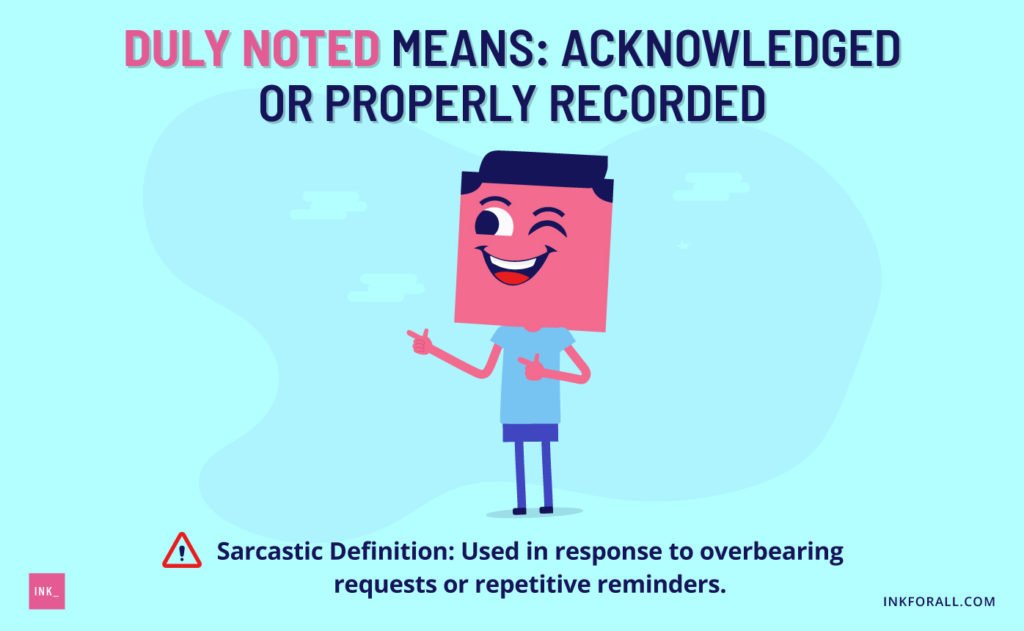

A friend who cooks you some delicious macaroni and cheese expects gratitude.
Being told someone else’s is better probably won’t be received kindly. Especially when your mouth is full of their food.
Same goes for the person who’s so proud of cleaning up their mess. You’re supposed to clean up after yourself, so the duly noted in this case is clearly sarcasm. The “medal” part of the comment just serves to drive the point home.
- Think about context and consider alternatives when this phrase might seem rude.
- Be mindful of your tone.
- Use this phrase sparingly in professional communication to avoid coming across as terse or impolite.
How do you say Duly Noted?
Pronounce duly noted as DEW-lee NO-tid. The emphasis goes on the first syllable of each word.
What can I say Instead of Noted?
Instead of the full phrase, you can shorten duly noted tojust “noted” without losing much of the original meaning. If you’re looking for ways to say “noted” that might be less formal or less ambiguous, try these alternatives:
- Got it
- Great
- Okay or OK
- Very good
- Understood
- I see
- Gotcha
You’re most often using “noted” to let someone know you got their message and have taken the content on board. However, in those cases, a simple “thank you” is fine.
If you want to send a slightly longer response, you could say “I’ll get right on that” or “We’ll give that priority.”
Is it Duly Noted or Dually Noted?
To answer this question, we need to look at the meanings of “duly” and “dually.”According to Merriam-Webster, “duly” means “in a due manner or time.” So, when you say duly noted, you’re saying that something is being noted, acknowledged, or written down at the appropriate time. As for dually, Merriam-Webster says it means “in a double capacity” or “in two ways.” Given that information, we can figure out that “dually noted” means something like “written down in two ways.” Not quite the meaning we’re going for here.
In other words, duly noted is the way to go unless you’re planning on writing down someone’s suggestion in two places. Sounds tedious.
How do you use Duly Noted in a Sentence?
One Last Note
There are so many ways to use this adverbial phrase in a sentence. For instance, you can use it formally, informally, or even infused with a bit of snark. At the end of the day, it’s all about intent, tone, and context. Because there is a lot of subtext going on, sometimes you’ll have to do a little extra thinking.
As a writer, make sure the rest of your sentence underlines your core meaning.
As a reader, look for clues as to whether the author is being sincere, sarcastic, or something in between.
How Familiar are you With the Usage of “Duly Noted”? Take This Quiz to Find out
Duly Noted Question #1
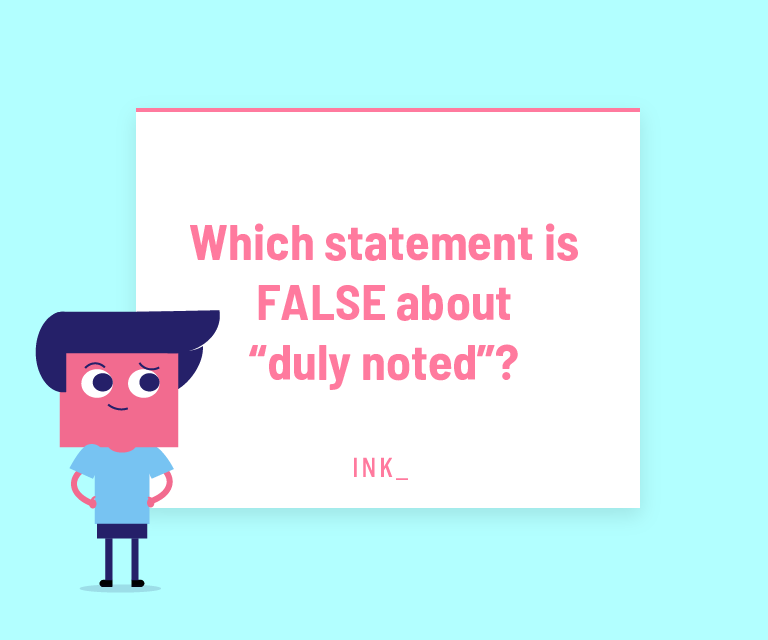

The answer is B. The phrase “duly noted” isn't inherently rude. However, the tone and context in which the phrase is used can make it seem so.
Duly Noted Question #2
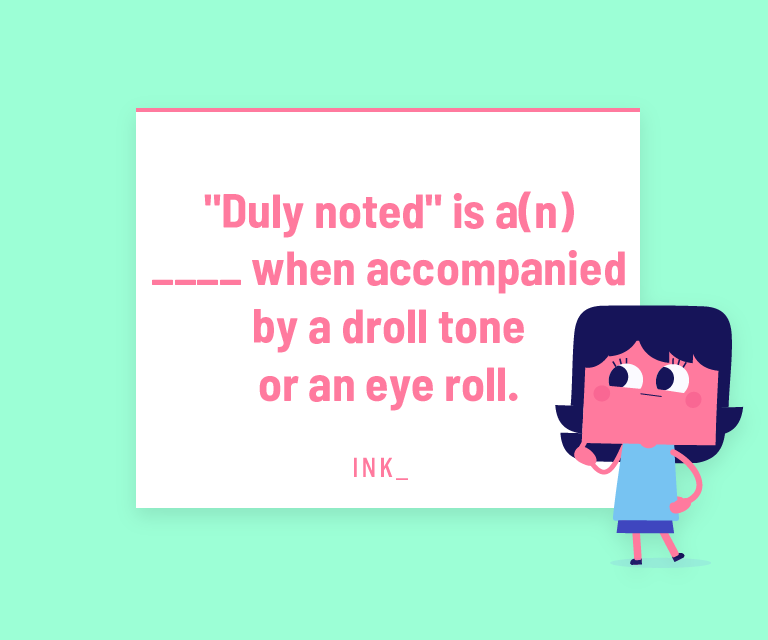

The answer is B. The actions that accompany the phrase suggests that it's a brush off.
Duly Noted or Dually Noted Question #3
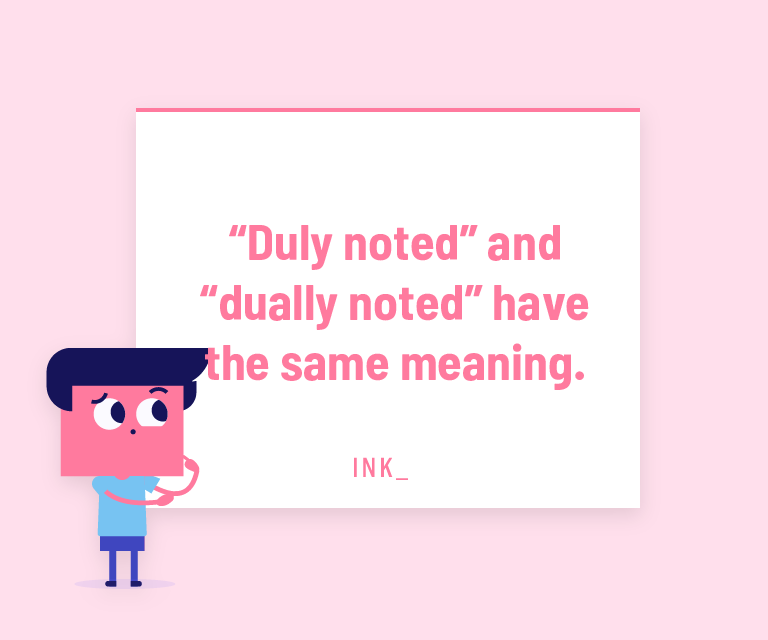

The answer is FALSE. "Dually noted" means you've written something down in two ways.
Noted Question #4
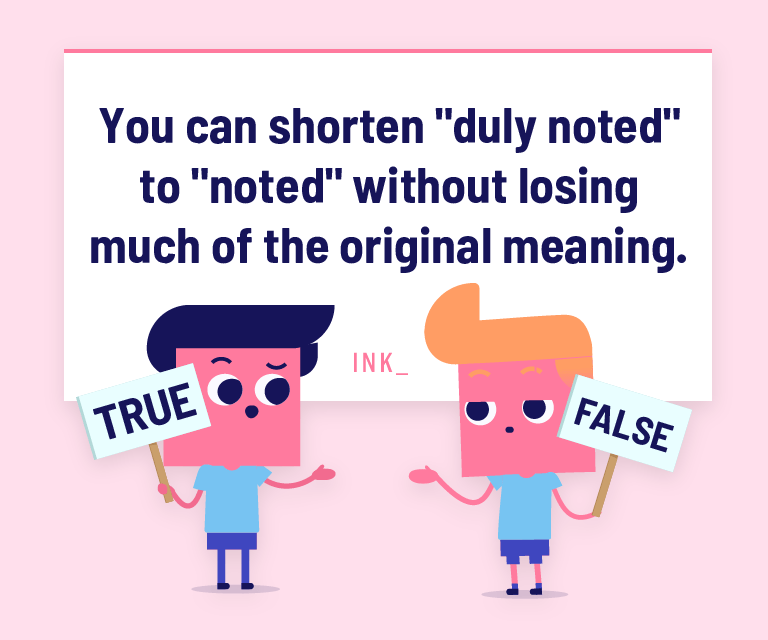

The answer is TRUE. "Noted" means acknowledging, writing down, or remembering something.
Noted Question #5
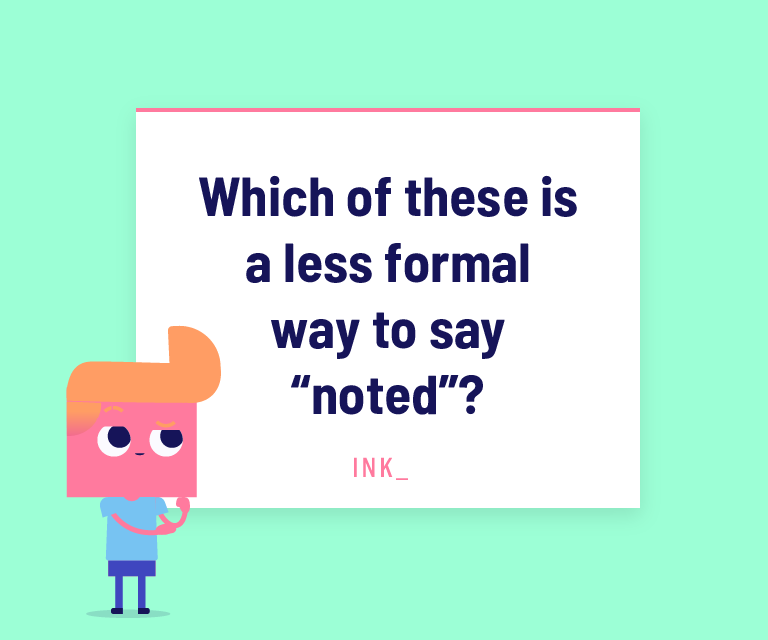

The answer is D. You can use any of the options above instead of “noted”.


